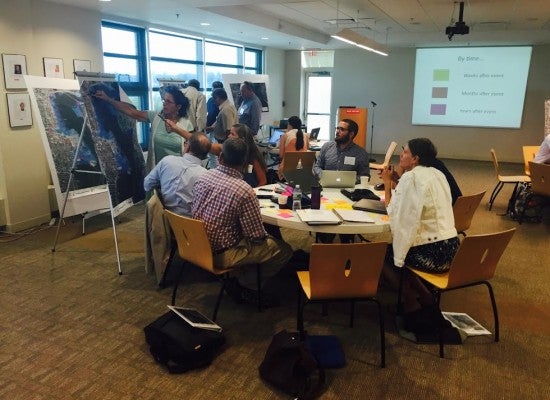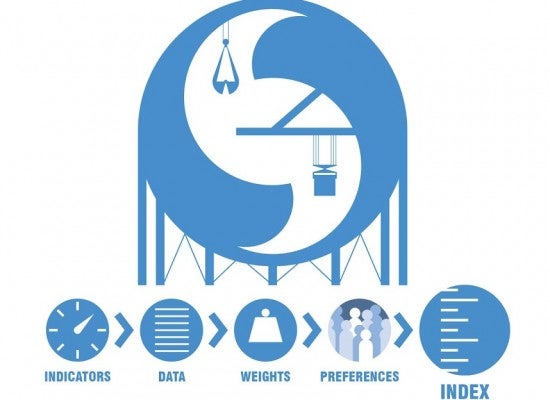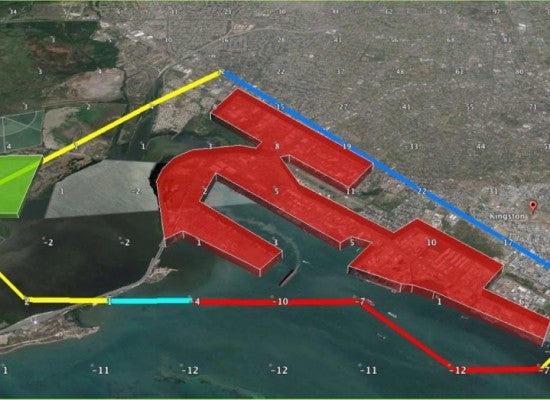At the Marine Affairs Coastal Resilience Lab we envision a world in which science informs coastal resilience decisions for the benefit of society.
Research
Storm resilience and climate adaptation has long been acknowledged as a “wicked problem” for planners and policymakers. The uncertainties in rates of climate change and the lack of significant resilience funding leave decision-makers unsure as to which adaptation option(s) to pursue, on what timescale, and how to pay. In the coming decades, many communities will be forced to adopt so-called “transformational adaptation” strategies such as the construction of storm barriers, the reorganization of vulnerable systems, or changes in their locations. Such strategies can take decades or more to plan, design, find consensus around, fund, and ultimately implement. Before any meaningful decisions on climate change resiliency can be made, however, a shared understanding of risks, consequences, and options must be generated and allowed to percolate through the system to those who deal with such issues. Our group of students and postdocs develop new tools that policymakers, the public, and other stakeholders need in order to effectively weigh the costs and benefits of resilience investments that will be necessary in the coming decades.
Mission
The mission of the Marine Affairs Coastal Resilience Lab is to create knowledge and provide services that help decision-makers be proactive in building coastal resilience to natural hazards. We do this by:
- Deliberately assembling and leveraging a diverse, “no boundaries thinking,” team that connects disciplines and professional expertise;
- Developing tools and methods to understand and communicate the impacts of climate change on coastal infrastructure and environments;
- Creating an interconnected group of students and professionals that exists inside and outside of the bounds of the URI Marine Affairs program;
- Supporting creative and rigorous approaches to problem-solving through graduate and undergraduate education.



